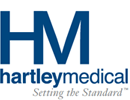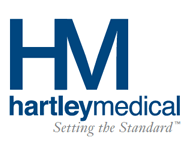I have touched on the subject of drug shortages and the imposition they have placed on medical providers all over the country. Hospitals and private practices have turned to compounding pharmacies, which can make commercially unavailable medications using those medications’ powder form. Compounding pharmacies that are in a position to help have been happy and eager to do so. The severity of these drug shortages, however, must not lead one to compromise the quality of these treatments for the convenience of their availability.
Recently, as a result of fungal infections found in several patients, a pharmacy located in the southeast has placed a recall on one of its compounded ophthalmic medications. The contributing factor to these contaminations has yet to be determined, but the underlying caution is quite clear: be aware of, and comfortable with, the level at which your compounding pharmacy operates. Evidence shows that it is no longer sufficient to know that a pharmacy can compound a particular medication. It’s important to know how that particular pharmacy goes about compounding that medication. Compounding demands disciplined methods for examining the quality of preparations, and nearly every facet of the compounding process requires the utmost scrutiny to ensure that patients are the beneficiaries of superior products for medical treatment.
Shortages are difficult to work through, but the patient’s safety requires, at all times, that his or her medical provider be diligent on all fronts. There are questions you can ask, and indicators that can and will make you more comfortable with your pharmacy’s operations. (Click here to read my recommendations as to choosing the right compounding pharmacy). Demand and expect more from your pharmacy. You’ll rest easier knowing that anything that can be done to guarantee the highest level of quality products has been done.
To read more about the fungal contamination, click here.
Watch the video above to learn how Hartley Medical’s staff undergo rigorous training to prevent potential contamination in compounded sterile products.


Leave A Comment